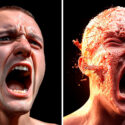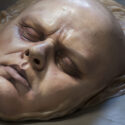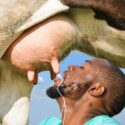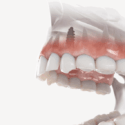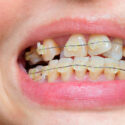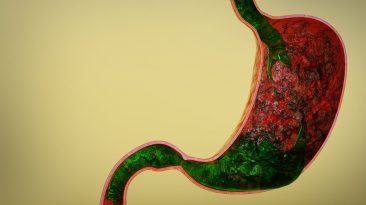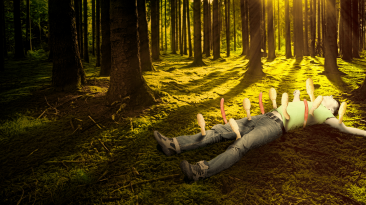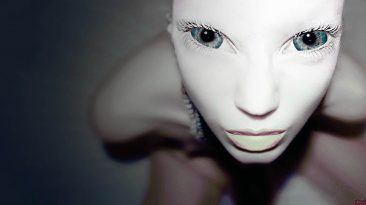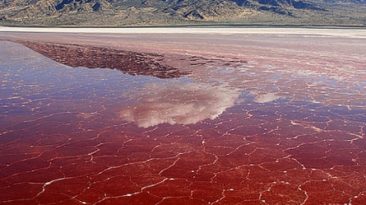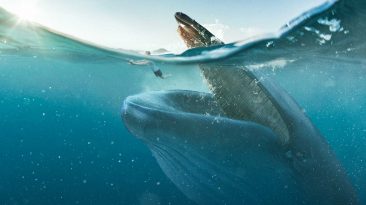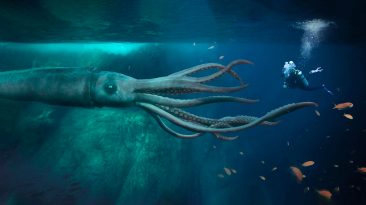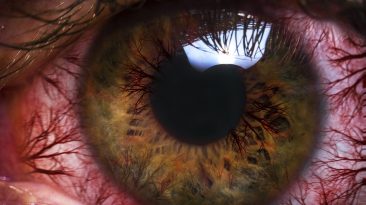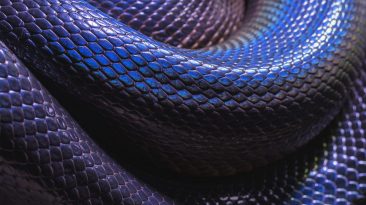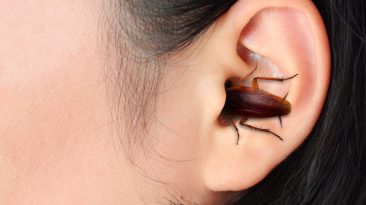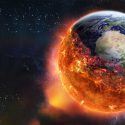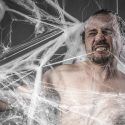Hair can mean a lot of different things to different people. Maybe it’s your pride and joy, maybe it’s a chore, a clog in your drain, or a symbol of your heritage.
You might grow it, shave it, pluck it, wax it, or stress about losing it. But, you have to wonder, what is the whole point? It may seem like a useless human attribute, but hair is, surprisingly, pretty neat.
And if you didn’t have any hair, you’d have to make some changes to your everyday life. Is it natural to lose hair?
What would happen when you sweat? How would it affect your sex life?
Hair changed a lot as humans evolved. While our distant chimpanzee relatives are still covered in fur, here we are, basically hairless.
Scientists can’t fully explain why we have long hair on our heads, short hair on our legs, and no hair on other places. But they have theorized that we started losing hair as we adapted to life on the hot African savannah. Without a layer of fur, early hominins could hunt during the day without overheating. But if it was so helpful to lose fur, why do we have hair at all?
Before we visit the human body’s major hairy areas, let’s cover the three stages of hair growth. The anagen phase is when hair grows, about 1 cm (.4 in) every 28 days. Some people’s hair is in this active phase for two years, while other people could be in the anagen phase for six years.
Next comes the catagen phase, a transitional phase lasting two to three weeks, when growth stops and the hair follicle shrinks. After this happens, hair can easily shed. The final stage is called the telogen, or resting phase.
Hair will fall off sometime during this stage. The telogen phase lasts 100 days for the hair on your scalp. But for your eyebrows, eyelashes, arm, and leg hairs, this phase lasts longer.
You shed about 25 to 100 telogen hairs every day. That means you could be losing over 30,000 hairs a year, and it’s completely normal.
But how would your life be different if you didn’t have any hair at all? Let’s start at the most obvious spot, the head. The hair coming from your scalp protects the skin on your head, and sometimes your neck, from sun exposure.
Without it, you’d have a higher risk of skin cancer. You’d have to slather your head with sunscreen or wear a hat whenever you went outside.
Head hair makes a big difference to your appearance. If no one had any hair, you’d probably decorate your scalp with henna or tattoos. Eyebrows are another major beauty statement. But they’re more than just one of your most distinctive facial features.
They help keep sweat and rain away from your eyes. Those natural arcs divert liquid around your eyes to the side of your face.
Without eyebrows, your eyes would sting every time you did a workout or enjoyed a hot day. Slightly below this are your eyelashes. They act as another shield to protect your sensitive eyes from sand and debris. If you’ve ever had something stuck in your eye, you know that even a little bit of dust can make you temporarily blind.
And because sweat and dirt would be a constant threat, you’d want to wear goggles whenever you were active or outdoors. This would seal your eyes from the dangers of the world.
And that might sound ridiculous to you right now, but think about it. If everyone were hairless, it would be completely normal. It could even be a fashion statement. Fancy some Gucci goggles? Let’s travel on down to the most controversial, and sometimes detested, hair on the human body.
Pubic hair. It might seem like a nuisance. But think of pubic hair like the eyebrow of your genitalia. It prevents dirt, debris, and harmful microorganisms from entering that sensitive realm. Hair follicles produce an oil called sebum which stops bacteria from reproducing. Pubic hair might also trap pheromones.
These scent-carrying chemical secretions affect your mood and behavior. They also send signals to potential sex partners, making you more desirable.
It’s still not clear if pubic hair traps pheromones. But if it does, and you don’t have any hair down there, you’d have to try a little harder to attract a partner.
Hair also reduces friction. So without it, your private areas and butt cheeks could suffer more chafing every day. If humans didn’t have hair, we’d adjust. But your life is definitely a little easier having the hair that you do. The amount, length, thickness, and shape of hair is different for each of us. And beneficial as it is, it’s still just hair.
Sources
- “Why Did Humans Lose Their Fur?”. Jason, Daley. Smithsonian Magazine.
- “Help For Hair Loss”. Webmd.
- “Catagen Phase Of Hair Growth. What Is THAT?”. 2021. Hair Transplant Mentor.
- “Hair Growth During Puberty”. 2021. Healthfully.



